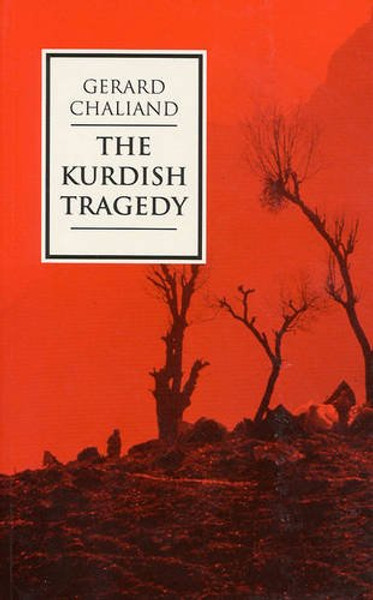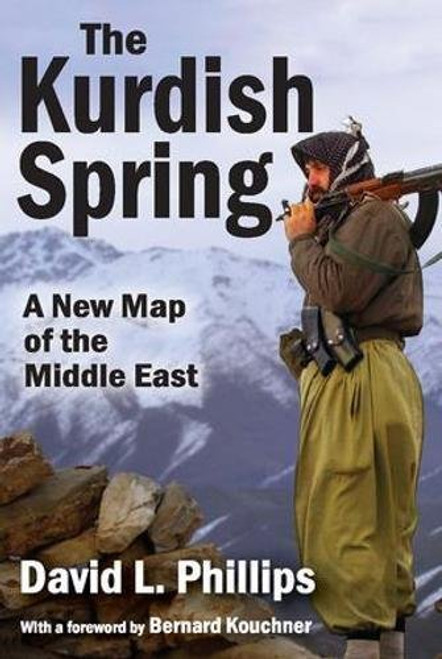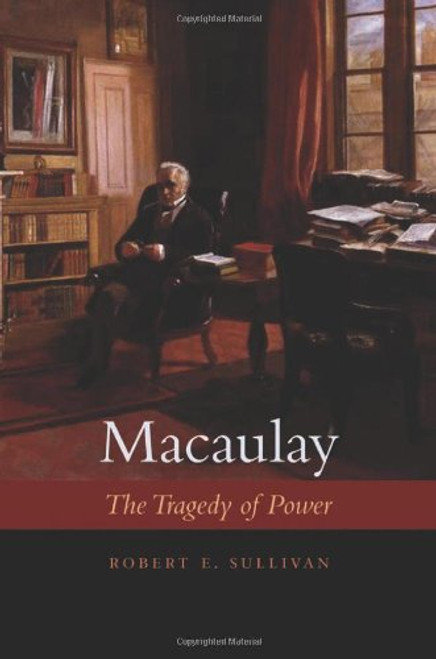Product Overview
Gerard Chaliand, an internationally acknowledged authority on guerilla wars and resistance movements, was commissioned by the United Nations to report on the situation of the Kurds following the Gulf War. His book serves as an excellent introduction to the Kurdish issue. It provides a history of the Kurdish communities from their foundation, covering their eventual incorporation into the Ottoman Empire during the 15th century, the great Kurdish revolts of the 19th century and the crucial period following the First World War.
Chaliand documents the precarious situation of the Kurds in recent times, culminating in the tragic exodus of Kurdish refugees fleeing from Saddam Hussein's brutal repression to a dubious welcome in Turkey. He also deals with the situation in the UN-protected safe-havens, where the Kurds have acjieved a degree of autonomy in the teeth of the opposition of all the surrounding regimes.
What makes this book unique is the detailed analysis of the political situation of the Kurds in contemporary Iran, Iraq and Turkey. Chaliand explains the positions of the multifarious Kurdish political groups, examines the legislation affecting Kurdish life and considers the role of the Kurds in recent Middle Eastern confrontations. His portrayal of the Kurdish political parties and their often conflicting aspirations offers insights that even the specialist reader will find of great relevance.
Chaliand documents the precarious situation of the Kurds in recent times, culminating in the tragic exodus of Kurdish refugees fleeing from Saddam Hussein's brutal repression to a dubious welcome in Turkey. He also deals with the situation in the UN-protected safe-havens, where the Kurds have acjieved a degree of autonomy in the teeth of the opposition of all the surrounding regimes.
What makes this book unique is the detailed analysis of the political situation of the Kurds in contemporary Iran, Iraq and Turkey. Chaliand explains the positions of the multifarious Kurdish political groups, examines the legislation affecting Kurdish life and considers the role of the Kurds in recent Middle Eastern confrontations. His portrayal of the Kurdish political parties and their often conflicting aspirations offers insights that even the specialist reader will find of great relevance.






